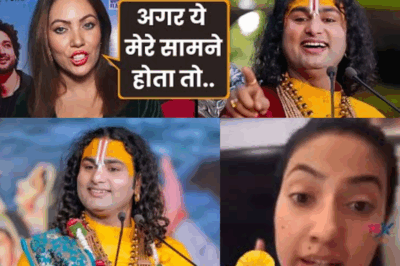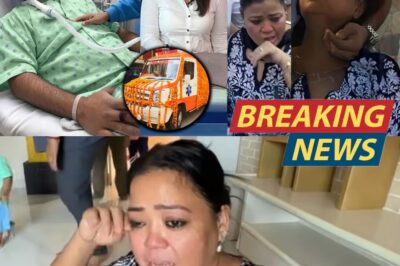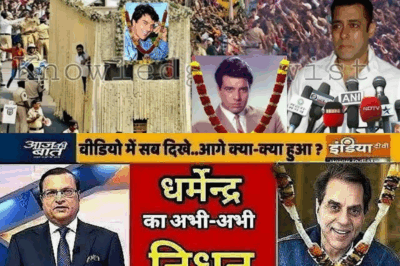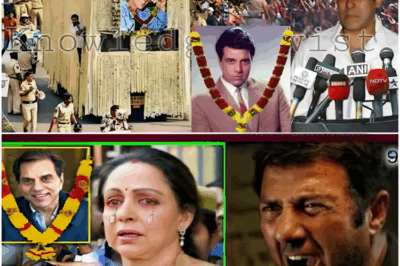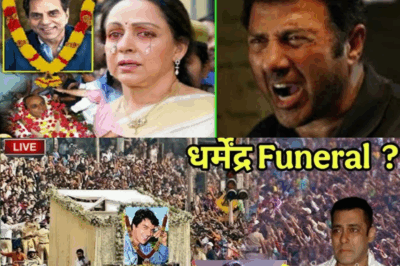Govindpuri Jhuggi Demolition: Homes of Both Hindus and Muslims Razed, What Do Residents Say?
In a move that has sparked both sorrow and debate, the recent demolition drive in Delhi’s Govindpuri area has left hundreds of families—Hindu and Muslim alike—homeless. The municipal authorities carried out the demolition as part of an anti-encroachment operation, but the aftermath has raised important questions about urban development, social justice, and the fate of the city’s most vulnerable.

The Demolition Drive
On Tuesday morning, bulldozers rolled into the dense lanes of the Govindpuri jhuggi (slum) cluster, flattening makeshift homes and leaving a trail of debris. According to officials, the operation was conducted to clear illegal encroachments on government land. Notices were reportedly served in advance, but many residents claim they were caught off guard and had little time to salvage their belongings.
Impact on Hindu and Muslim Families
Contrary to rumors and misinformation circulating on social media, the demolition did not target any one community. Both Hindu and Muslim families lost their homes, with children, women, and the elderly left to sift through the rubble for whatever they could recover. The shared suffering has, in many ways, brought the two communities closer, as they face the challenge of rebuilding their lives together.
“We have lived here for more than 20 years,” said Sunita Devi, a Hindu resident. “My children grew up playing with the kids next door, who are Muslim. Today, all our homes are gone. The pain is the same for everyone.”
Mohammad Rashid, another resident, echoed her sentiments: “There is no Hindu-Muslim here when it comes to losing your roof. We are all poor people, struggling to survive. The authorities did not discriminate; everyone’s house was broken.”

Voices from the Ground
As the dust settled, residents gathered in small groups, sharing their grief and uncertainty about the future. Many lamented the lack of alternative arrangements and the suddenness of the operation.
“We are not against development, but where should we go now?” asked Ramesh, a laborer. “Our children have exams coming up, and we have no shelter. The government should have given us more time or provided us with a place to stay.”
Shabnam, a mother of three, added: “We are not criminals. We work hard, we pay our bills. Why are we being treated like this? We just want a roof over our heads.”
Authorities’ Response
The municipal authorities have defended the demolition, stating that all legal procedures were followed and that the land is needed for public infrastructure projects. They have also promised to look into rehabilitation options for those affected, but many residents remain skeptical.
“We are conducting a survey to identify eligible families for relocation,” said a senior official. “Our aim is not to harass anyone but to ensure proper urban planning.”
Civil Society and Political Reactions
The demolition has drawn sharp criticism from civil society groups and opposition parties, who accuse the authorities of insensitivity and poor planning. Several NGOs have stepped in to provide temporary relief in the form of food, water, and tarpaulins.
Activists argue that slum demolitions without proper rehabilitation violate the rights of the urban poor and disrupt the social fabric. “These are not just houses; these are communities,” said Anjali Verma, a social worker. “The government must balance development with compassion.”

Conclusion
The Govindpuri demolition has left a deep scar on the lives of hundreds of families, regardless of religion. As they pick up the pieces and search for solutions, their voices serve as a reminder that, in the face of adversity, humanity and solidarity often rise above all divides. The hope now is that authorities will listen to these voices and work towards a more inclusive and humane approach to urban development.
News
Drama Explodes Online 🎥: ‘Drone Chor’ Mastermind Finally Caught — Truth Behind The Thefts Stuns Nation!
Drone Theft Mastermind Caught! The Shocking Truth Behind India’s Viral ‘Drone Chor’ Finally Exposed In a sensational twist that has…
Comedy World Shattered 😭: Kapil Sharma Suffers Stroke, Bharti Singh Collapses in Tears at Hospital!
Comedy World Shattered 😭: Kapil Sharma Suffers Stroke, Bharti Singh Collapses in Tears at Hospital! Kapil Sharma Hospitalized After Low…
Bollywood Icon Dharmendra: Rumors of Death Unfounded, Family and Fans Urged to Pray for His Recovery
Bollywood Icon Dharmendra: Rumors of Death Unfounded, Family and Fans Urged to Pray for His Recovery Introduction In the ever-buzzing…
Shock in Comedy World : Kapil Sharma Suffers Stroke — Bharti Singh Breaks Down Crying at Hospital!
Sad News: Bharti Singh brokedown as Kapil Sharma admitted to Hospitaafter Stroke! Kapil Sharma Hospitalized After Low Blood Pressure Scare:…
Today Bollywood King Dharmendra passed away..? Dharmendra has died, see full information
Bollywood Icon Dharmendra: Rumors of Death Unfounded, Family and Fans Urged to Pray for His Recovery Introduction In the ever-buzzing…
Bollywood King Dharmendra has passed away today. See the full details about Dharmendra’s death.
Bollywood King Dharmendra has passed away today. See the full details about Dharmendra’s death. In the constantly active realm of…
End of content
No more pages to load

